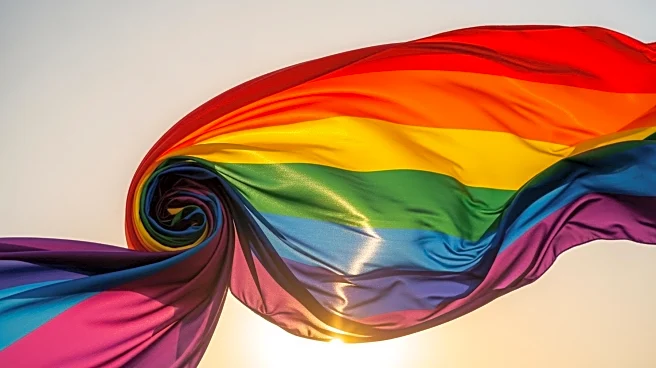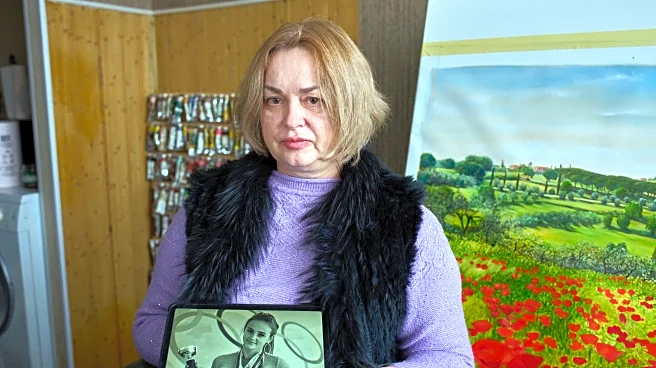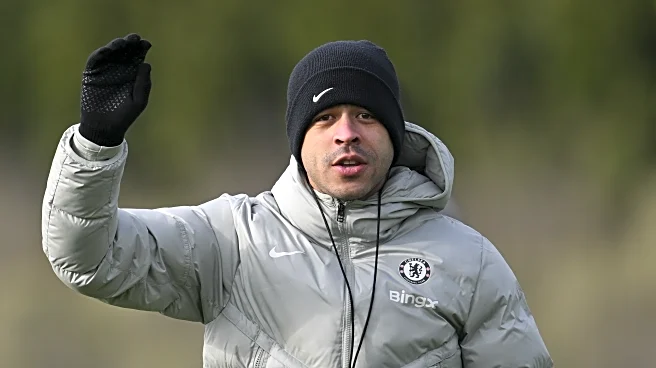What's Happening?
The United Nations Climate Change Conference (COP30) in Brazil has introduced the Global Ethical Stocktake, an initiative aimed at evaluating the moral and ethical dimensions of climate action. Led by Brazil's Minister for the Environment and Climate Change,
Marina Silva, the event emphasizes that solutions to climate change are not merely technical but ethical. The Global Ethical Stocktake seeks to engage diverse groups, including indigenous peoples, religious leaders, artists, and youth, to assess key issues related to climate change and the reasons behind the lack of implementation of scientific solutions. This initiative follows the first Global Stocktake, which focused on scientific and technical assessments of climate mitigation and adaptation progress.
Why It's Important?
The Global Ethical Stocktake represents a significant shift in addressing climate change by focusing on ethical considerations rather than solely technical solutions. This approach highlights the importance of political will and personal commitment in combating climate change. By involving a wide range of stakeholders, the initiative aims to foster solidarity, justice, and responsibility, particularly for the most vulnerable populations affected by climate change. The United States, as a major historical emitter, is encouraged to contribute significantly to global efforts. The initiative seeks to integrate ethical assessments into the official Paris Agreement framework, potentially influencing future climate policies and actions.
What's Next?
Organizers of the Global Ethical Stocktake hope to make it a permanent component of the Paris Agreement architecture, ensuring that ethical considerations remain central to climate action discussions. The initiative's success could lead to more inclusive and comprehensive climate policies that address the root causes of climate change. Stakeholders, including governments, NGOs, and civil society groups, are expected to continue engaging in ethical assessments and discussions, potentially leading to transformative actions that align with scientific recommendations. The ongoing dialogue may also inspire new commitments from developed countries to support vulnerable communities.
Beyond the Headlines
The Global Ethical Stocktake challenges traditional approaches to climate change by prioritizing ethical and moral reflections. This shift could lead to long-term changes in how climate policies are formulated and implemented, emphasizing the need for global cooperation and shared responsibility. The initiative also highlights the role of cultural and religious values in shaping climate action, potentially fostering a more holistic understanding of environmental stewardship. As ethical considerations gain prominence, there may be increased pressure on political leaders and institutions to align their actions with moral imperatives, driving systemic change in climate governance.
















